Part 33. Why does Trump protect Social Security and Medicare? It’s good business.
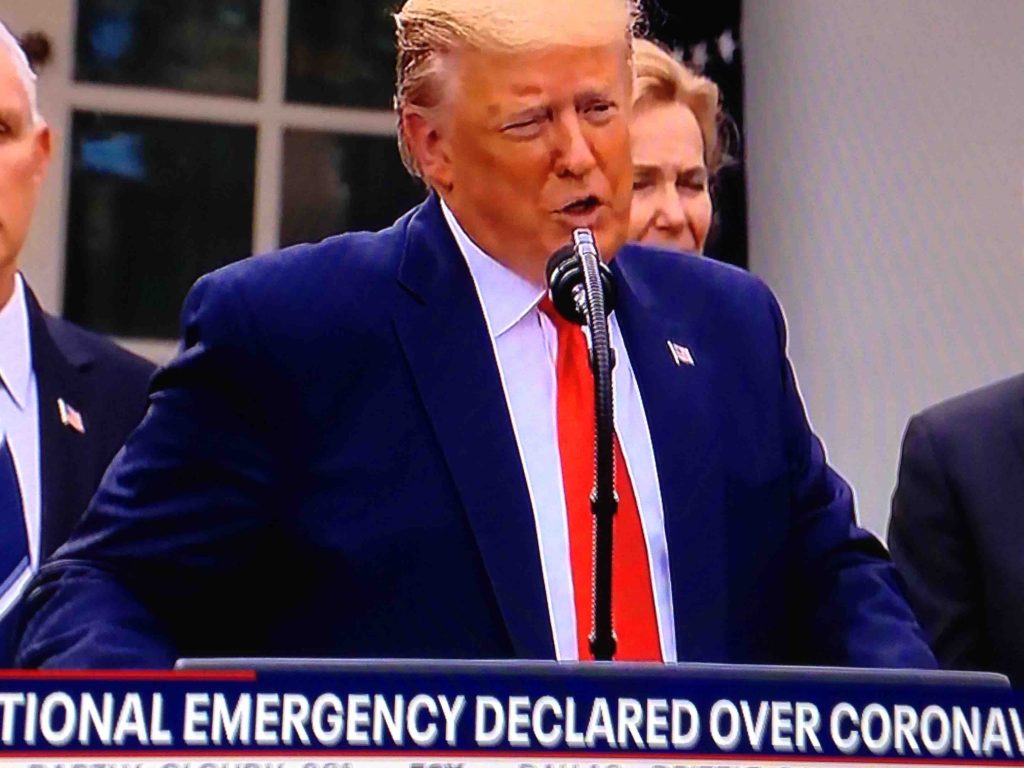
This is Part Thirty Three of a series showing how economics fits into everything. Previous parts explained trade taxes, tariffs, levies or countervailing duties, inflation, deflation, barter, postage, war, counterfeiting, history, economics, ‘free’ trade, famine, dearth, climate, auctions, precious metals, religion, credit, loans and education are a national security matter.
Part 33. Why does Trump protect Social Security and Medicare? It’s good business.
At many, if not all, of President’s Trump’s peaceful protests, during the campaign in the fall of 2020, Trump says ‘I will protect your Social Security and Medicare.’ Wonder why he does that? The answer is it’s good business.

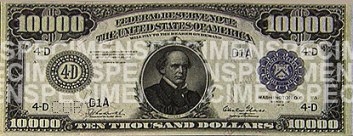
‘A dollar is to the financial body what a drop of blood is in the body.’ Cash circulation keeps business going, the life blood, so to speak. Every dollar put in circulation generates seven dollars of activity. This means the 83 billion dollars the Federal government pays out monthly to seniors is virtually all spent in real time monthly, generating 7 trillion dollars of annual business activity. Seniors spend their Social Security Checks.
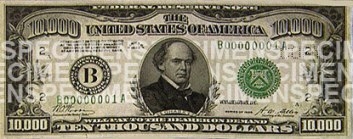
‘’Major categories of FY 2017 spending included: Healthcare such as Medicare and Medicaid ($1.077T or 27% of spending), Social Security ($939B or 24%), non-defense federal agencies ($610B or 15%), Defense Department ($590B or 15%), and interest ($263B or 7%). Wikipedia citing “The 2020 Long-Term Budget Outlook”. Congressional Budget Office.’’
Contrast cash spent by Seniors, with the interest paid on the national debt, which runs about $20 Billion a month. Interest payments are not spent, immediately. It is paid to holders of debt, who then decide what to do with it. It may be reinvested, it may be used to retire expiring federal debt, but little will be spent on consumption.
The money spent on Medicare is the lifeblood of the health system. Some Medicare goes for salaries, which would be spent like Social security. Some Medicare goes toward capital improvements, and won’t circulate like cash.
One may ask, then why make any capital investments in land or education or buildings at all? Why not consume it all as it comes by and get the seven fold circulation? Well, before supplies get to the store to sell, they have to be made. Before food is at the grocer, it has to be grown or baked or slaughtered. Plants and farms require capital investment, on an average of $250 thousand investment for each job created. Before physicians can treat, they have to go to school. Jobs require capital investment, even while the capital won’t circulate like cash.
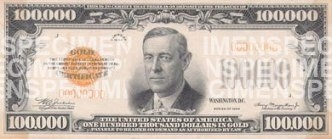
The trick is to get the most favorable balance of cash and capital. The poorest use is burying gold and silver in a jar in the back yard.
Paul described the body in First Corinthians Chapter 12 using these metaphors 15 If the foot shall say, Because I am not the hand, I am not of the body; is it therefore not of the body? 16 And if the ear shall say, Because I am not the eye, I am not of the body; is it therefore not of the body? 17 If the whole body were an eye, where were the hearing? If the whole were hearing, where were the smelling? . 21 And the eye cannot say unto the hand, I have no need of thee: nor again the head to the feet, I have no need of you.
Using this metaphor we could write, and ask, if Social Security shall say, Because I am not an airplane, I am not of the economy, is it not of the economy? If the Farm land shall say, because I am not of the transportation, I am not of the economy? Is it not of the economy? If the whole economy was food production, where is the health care? If the whole were energy, where were the clothing? If the whole economy was shelter, where is the communication? Yes, Social Security is important to the financial body. It’s good sense. Cutting back in cash circulation, would also cut back business activity.
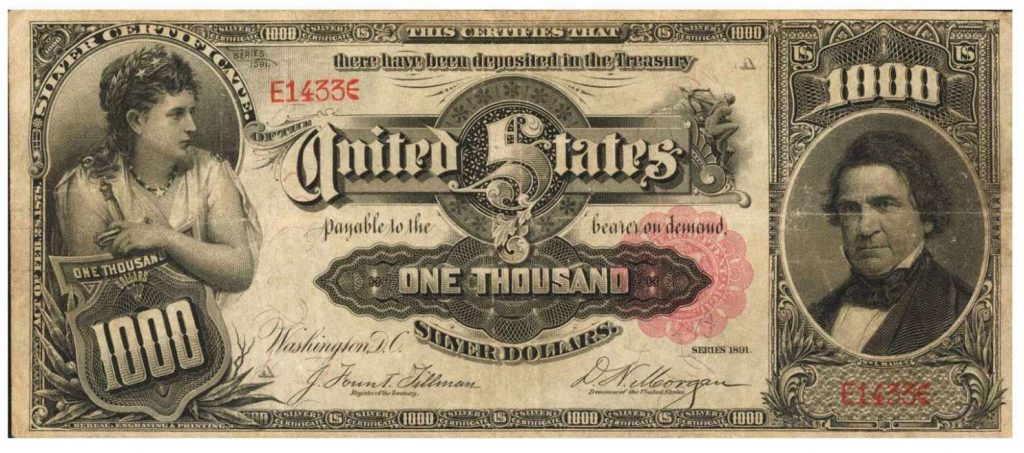
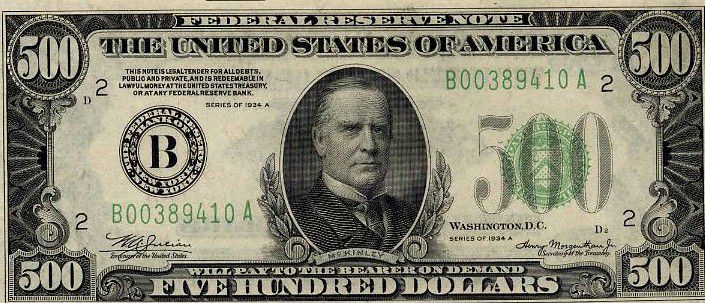
A PRACTICAL LESSON ON THE WORTH OF A DOLLAR IN HOME INDUSTRY Heber J. Grant, Conference Report, October 1921, p.9 Speaking of the work a dollar does at home reminds me of an incident that I have related many times. Years ago there was a great drive in this section of the country to support home-made goods, and I was one who was deeply interested in it, being a member of several committees that were working to bring about this policy. I remember that during our conference we had a meeting in the Assembly Hall one evening and one of the speakers on that occasion was the then bishop of Smithfield, George L. Farrell, Brother Farrell said that for twenty odd years, or perhaps he said thirty, he had been coming down to conference twice a year and, knowing that all the stock in the railroad running through that country was owned by eastern capitalists, he had marked the money which he paid for his tickets to see if he ever got any of it back again. “I have also,” he said, “marked the money that I paid for home-made goods to see if I got any of that back again, I never got any of my railroad money back,” he continued, “but one reason that I always buy home-made goods is that I think a whole lot of George L. Farrell and I like to get my money back again, and time and time again when I have bought homemade goods and marked the money, that identical money, staying in the community and circulating around, has come back to me. And it is because I think a great deal of myself, as well as my neighbors, that I buy shoes made at home for my children, that I buy homemade cloth out of which to make clothes for those children.” Then he said: “To give you a practical illustration: When starting for this identical conference, standing at the depot at Smithfield I saw a man who had made some shoes for my children, and I walked up and handed him five dollars to pay for those shoes; he saw somebody else in the group to whom he owed five dollars, and he handed him the five; this man saw another to whom he was indebted and handed him the same piece of money; and he in turn saw another man and handed it to him until finally after five or six debts had been paid with the same piece of money the last man to receive it came up to me and said, ‘Brother Farrell, I owe you six dollars. Here is five on my account’ — and I put my home-made shoes money back into my trousers pocket.” Twenty or thirty dollars’ worth of debts were thus paid by patronizing one shoemaker in Smithfield, the money was saved at home by circulating around, it paid these many debts and at length landed back into the pocket where it started from. That was a practical lesson, and a practical lesson that ought to count.
Previous Part 32 covered email and internet Fraud.
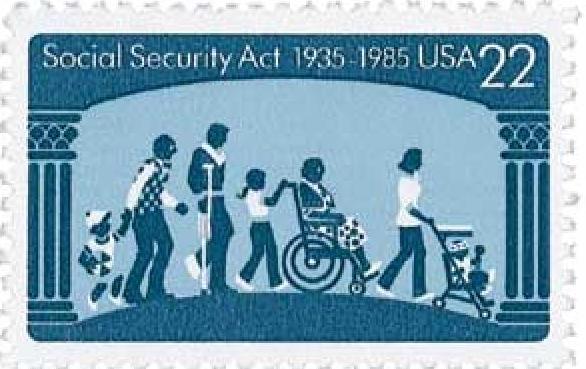
Disclaimer: The author of each article published on this web site owns his or her own words. The opinions, beliefs and viewpoints expressed by the various authors and forum participants on this site do not necessarily reflect the opinions, beliefs and viewpoints of Utah Standard News or official policies of the USN and may actually reflect positions that USN actively opposes. No claim in public domain or fair use. © Edmunds Tucker. UTopiAH are trade marks of the author. Utopia was written in 1515 by Sir Thomas More, Chancellor of England.
Utah Standard News depends on the support of readers like you.
Good Journalism requires time, expertise, passion and money. We know you appreciate the coverage here. Please help us to continue as an alternative news website by becoming a subscriber or making a donation. To learn more about our subscription options or make a donation, click here.
To Advertise on UtahStandardNews.com, please contact us at: ed@utahstandardnews.com.


Comments - No Responses to “Part 33. Why does Trump protect Social Security and Medicare? It’s good business.”
Sure is empty down here...